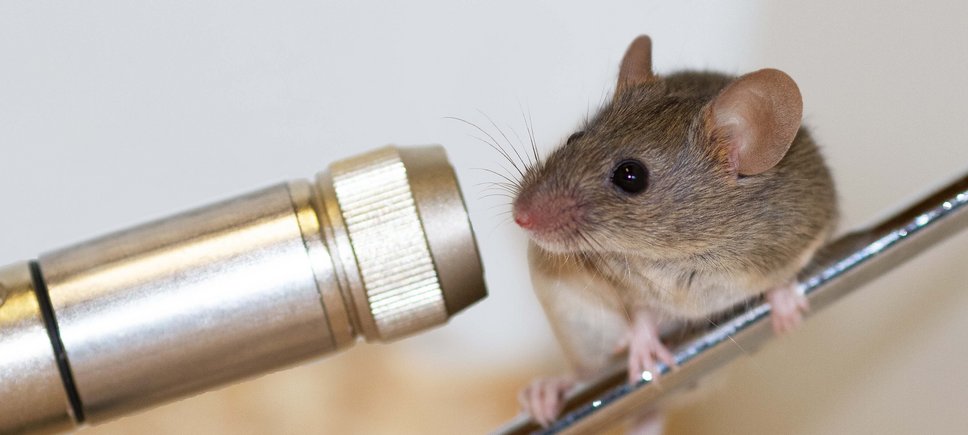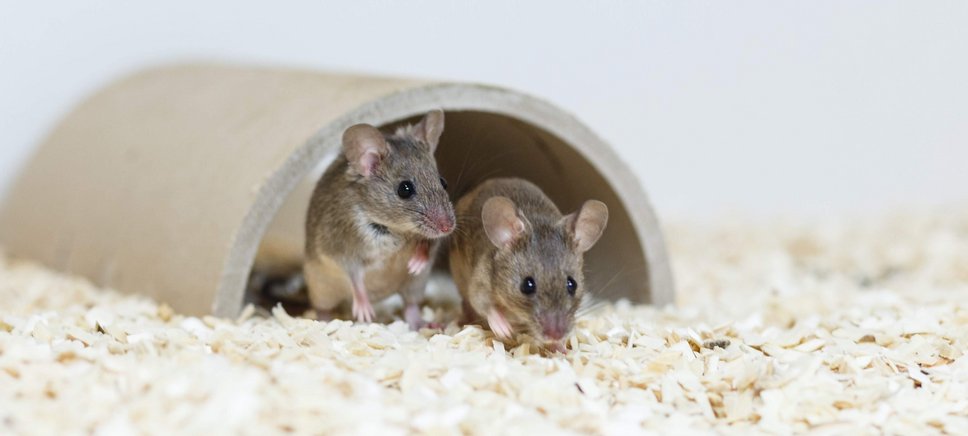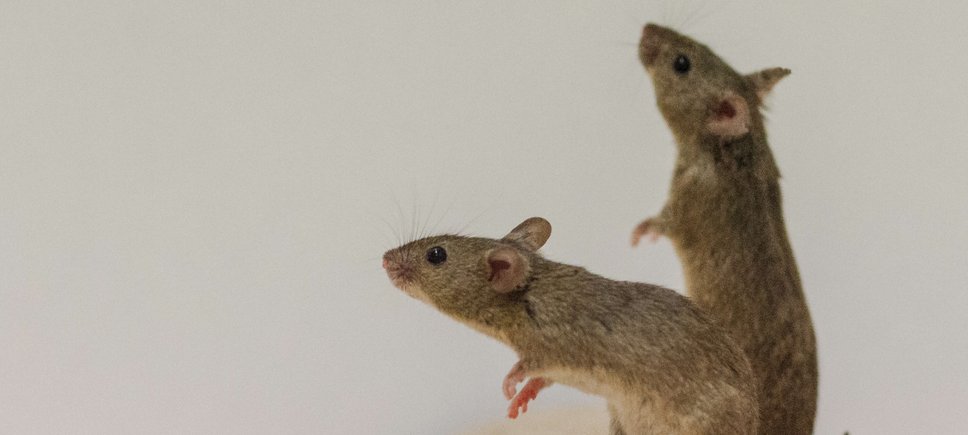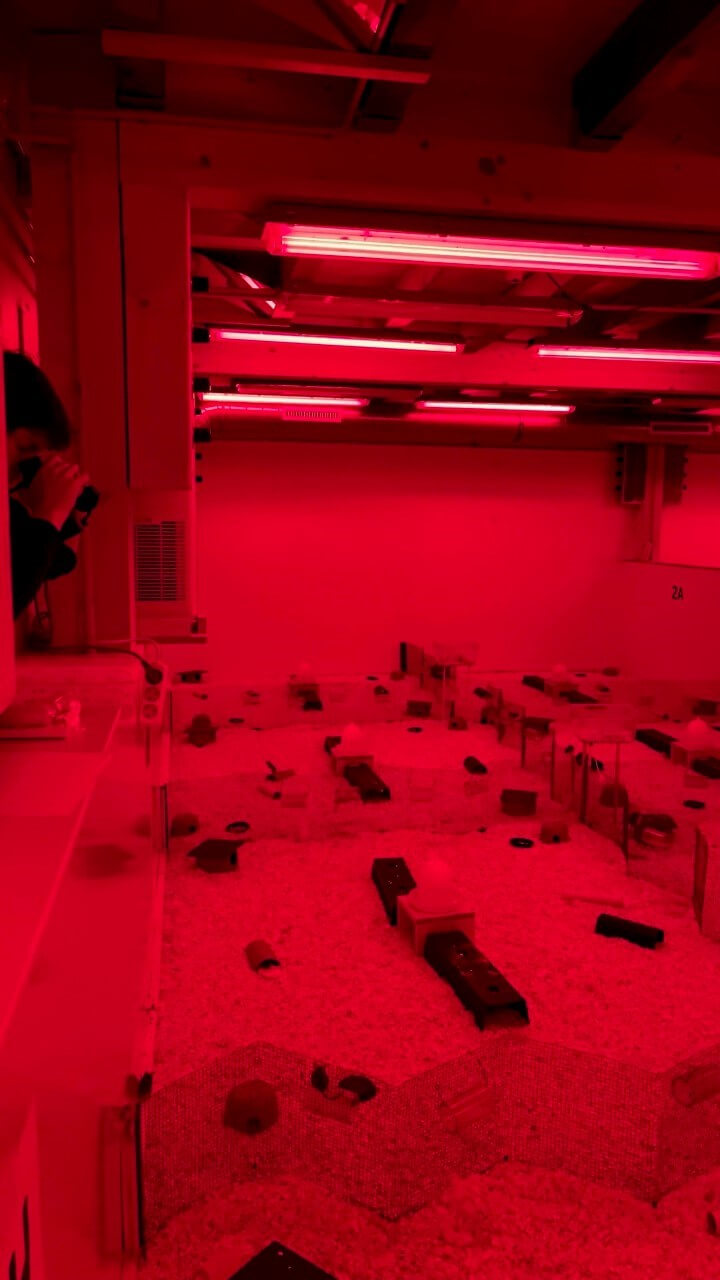Name
sd_identity
Purpose
missing translation: trackingobject.sd_identity.desc
Lifetime
200 months
Type
HTML
Provider
Vimeo
Name
_li_dcdm_c
Purpose
missing translation: trackingobject._li_dcdm_c.desc
Lifetime
200 months
Type
HTML
Provider
Vimeo
Name
_gat_UA
Purpose
missing translation: trackingobject._gat_UA.desc
Lifetime
200 months
Type
HTML
Provider
Vimeo
Name
fc_session
Purpose
missing translation: trackingobject.fc_session.desc
Lifetime
200 months
Type
HTML
Provider
Vimeo
Name
__cf_bm
Purpose
Required to see Vimeo content.
Lifetime
200 months
Type
HTML
Provider
Vimeo
Name
_uetsid
Purpose
missing translation: trackingobject._uetsid.desc
Lifetime
200 months
Type
HTML
Provider
Vimeo
Name
_gid
Purpose
Used to distinguish users.
Lifetime
200 months
Type
HTML
Provider
Vimeo
Name
AF_SYNC
Purpose
missing translation: trackingobject.AF_SYNC.desc
Lifetime
200 months
Type
HTML
Provider
Vimeo
Name
_gcl_au
Purpose
Used by Google AdSense to experiment with advertisement efficiency.
Lifetime
200 months
Type
HTML
Provider
Vimeo
Name
_gcl_dc
Purpose
missing translation: trackingobject._gcl_dc.desc
Lifetime
200 months
Type
HTML
Provider
Vimeo
Name
_gcl_aw
Purpose
missing translation: trackingobject._gcl_aw.desc
Lifetime
200 months
Type
HTML
Provider
Vimeo
Name
_abexps
Purpose
This cookie remembers your settings. Settings can include language, region or login user. In general this cookie saves data about how you use Vimeo.
Lifetime
200 months
Type
HTML
Provider
Vimeo
Name
OptanonConsent
Purpose
Saves the state of your Vimeo data protection consent.
Lifetime
200 months
Type
HTML
Provider
Vimeo
Name
OptanonAlertBoxClosed
Purpose
Saves the state of your Vimeo data protection consent.
Lifetime
200 months
Type
HTML
Provider
Vimeo
Name
player
Purpose
This cookie saves your preferences before playing an embedded Vimeo video. This will bring you back to your preferred settings the next time you watch a Vimeo video.
Lifetime
200 months
Type
HTML
Provider
Vimeo
Name
_ttp
Purpose
missing translation: trackingobject._ttp.desc
Lifetime
200 months
Type
HTML
Provider
Vimeo
Name
_tt_enable_cookie
Purpose
missing translation: trackingobject._tt_enable_cookie.desc
Lifetime
200 months
Type
HTML
Provider
Vimeo
Name
_uetvid
Purpose
missing translation: trackingobject._uetvid.desc
Lifetime
200 months
Type
HTML
Provider
Vimeo
Name
_scid
Purpose
missing translation: trackingobject._scid.desc
Lifetime
200 months
Type
HTML
Provider
Vimeo
Name
_scid_r
Purpose
missing translation: trackingobject._scid_r.desc
Lifetime
200 months
Type
HTML
Provider
Vimeo
Name
_lc2_fpi
Purpose
missing translation: trackingobject._lc2_fpi.desc
Lifetime
200 months
Type
HTML
Provider
Vimeo
Name
sd_client_id
Purpose
missing translation: trackingobject.sd_client_id.desc
Lifetime
200 months
Type
HTML
Provider
Vimeo
Name
afUserId
Purpose
missing translation: trackingobject.afUserId.desc
Lifetime
200 months
Type
HTML
Provider
Vimeo
Name
_ga
Purpose
Used to distinguish users.
Lifetime
200 months
Type
HTML
Provider
Vimeo
Name
vuid
Purpose
This cookie gathers information about your actions on websites embedding Vimeo videos.
Lifetime
200 months
Type
HTML
Provider
Vimeo




![[Translate to English:] screenshot](/fileadmin/_processed_/f/c/csm_screencapture-www-daserste-de-information-wissen-kultur-w-wie-wissen-maus-sprache-100-html-1604920495837_e7f449f990.png)
